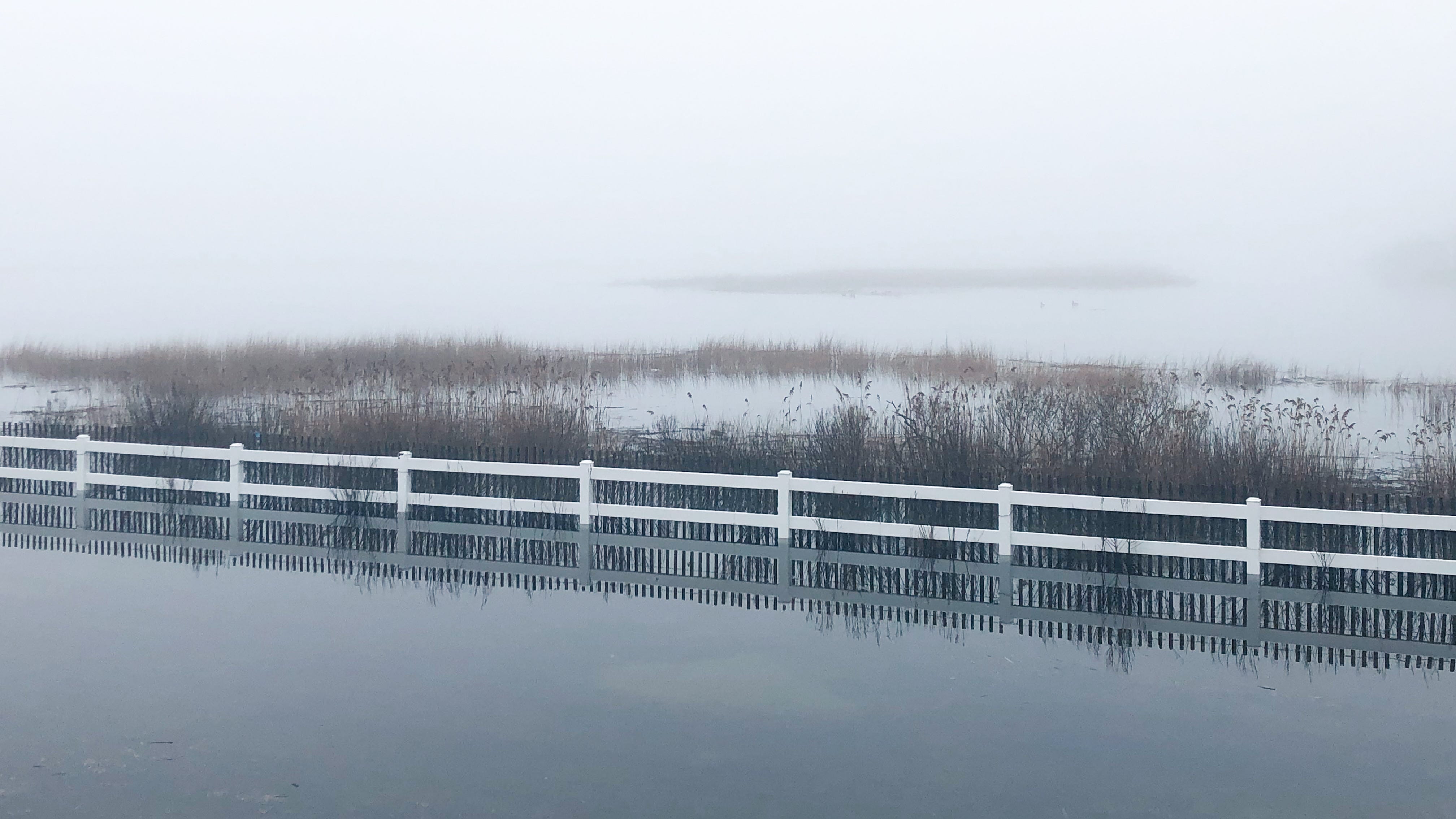The climate is a global public good, a natural system that anchors, defines, and regulates weather patterns, stabilizing watersheds and creating conditions for sustained habitability of specific regions. The destabilization of the climate creates unique threats to human security everywhere.
We talk about the climate in global terms, but action to reduce climate risk must be rooted in local needs and experience.

Any community anywhere which is finding its way to a climate-smart future is an example to others and could provide opportunities for real cooperation across borders, to achieve what the Paris Agreement calls “overall mitigation of global emissions” (OMGE, or global decarbonization). Rules for non-market approaches to OMGE hold immense promise for accelerating climate-smart finance, agriculture, land use, infrastructure, and development, by:
Allowing nations to cooperate to secure a faster pace of decarbonization;
Signaling wisdom of policies like climate income, to set strong carbon prices, while fostering green recovery;
Making room for carbon border adjustments, to ensure climate leaders don’t lose trade to pollution offshoring;
Increasing likelihood of international “floor price” for carbon pollution;
Recognizing regulatory measures that mandate accounting, disclosure, and avoidance of carbon-related liabilities;
Creating conditions for climate-smart, nature-positive financial instruments;
Linking Special Drawing Rights (SDR) to Paris Agreement action and funding;
Expanding opportunity for mainstreaming of climate-smart finance;
Inviting integration of Earth science data platforms into financial decision-making information flows;
Empowering existing international institutions to become engines for climate action incentives and enforcement.
In short, all of these tools can be brought to bear at global, national, and local scales, to make climate-smart practices the everyday norm. Doing that will make all of the Sustainable Development Goals more attainable.
The Engage4Climate Toolkit for local stakeholder engagement in climate policy aims to create new civic spaces open to any and all stakeholders, including high-level decision-makers and the most marginal and/or least informed affected parties. It is built around a basic meeting structure that can be adapted to gatherings of any size, duration, format, or composition:
Introduction + useful background information
Discussion of participants’ values and local concerns
Form Working Groups around affinities / priorities
Working Groups outline where they want to be in 20 years
Working Groups back-cast 20 year, 10 year, 5 year, 2 year (2020) goals
Reports from Working Groups to the full Working Session
Draft Working Session report (outline around notes from smaller groups)
After Session: Finalize outcome report; share with decision-makers
This year, we will release a new, updated version of the Toolkit, integrating lessons learned from Action for Climate Empowerment activities and from work of the ECOS Community and other allies holding Engage4Climate meetings and citizens’ assemblies. This updated Toolkit will include guidance on downscaling of climate science insights for local context.
Science Activation—the conversion of science insights into practical, everyday solutions and standard practice—is best achieved with robust, ongoing informed civic participation. We all have a right to a world where preventable harm and injustice are prevented. In 2022, we will be working with citizen volunteers around the world to make a world that is fair and sustainable.
Additional Resources
Financial integration & inclusion needed to get best results from Glasgow outcomes
Race to Zero—climate action from non-state actors, including investors, industry, and municipalities


